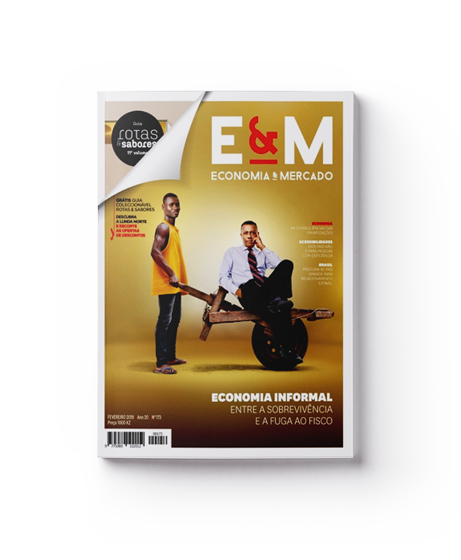A 29 e 30 de Setembro de 1992, realizavam-se, em Angola, as primeiras eleições multipartidárias para Presidente da República e para deputados à Assembleia Nacional. De lá para cá, já passaram 30 anos e totalizam-se, a 24 de Agosto do ano em curso, cinco pleitos eleitorais.
Entretanto, ao longo desses anos, as eleições em Angola tornaram-se cada vez mais disputadas, visto que, com base nos dados em infografia da Comissão Nacional Eleitoral (CNE) sobre os resultados eleitorais de 2017, podemos notar que o MPLA acabou por eleger apenas 150 deputados, quando conseguiu obter uma representação de 175 deputados nas eleições de 2012 e de 191, nas eleições de 2008, o que implica também a redução do número de votos. Por cada acto eleitoral, o partido no poder há 46 anos apresentou uma queda de 20,5 deputados. Dito de outro modo, o MPLA perdeu, no total, 41 deputados, entre as eleições de 2008 e as de 2017, uma redução relativa de 21% em três pleitos eleitorais, ao passo que, para a oposição, houve um crescimento sustentado em cada eleição. Por exemplo, o total de deputados da oposição nas eleições de 2008 foi de 29, mas em 2017 esse número subiu para 70 deputados.
Leia o artigo completo na edição de Agosto, já disponível no aplicativo E&M para Android e em login (appeconomiaemercado.com).
More competitive but not so transparent elections
In 30 years of elections in Angola, the ruling party has lost 41 Members of Parliament (MPs), but the main challenge continues to be the transparency of the process. And in an election year, laws that legitimize a series of practices harmful to democracy have been proved.
On September 29 and 30, 1992, Angola held its first multiparty elections for President of the Republic and for members of the National Assembly. Thirty years have passed since then and, by August 24 of this year, a total of five elections will have taken place.
Over the years, elections in Angola have become increasingly competitive. Based on data in infographics about the 2017 election results from the National Electoral Commission (CNE), we can see that MPLA ended up electing only 150 MPs versus 175 MPs in the 2012 elections and 191 MPs in the 2008 elections, which also implies a reduction in the number of votes. In each election, the party that has ruled the country for 46 years saw a drop of 20.5 MPs. In other words, MPLA lost a total of 41 MPs between the 2008 elections and the 2017 elections, a relative reduction of 21% in three elections, while the opposition recorded sustained growth in each election. For example, the total number of opposition MPs in the 2008 election was 29, but in 2017 that number rose to 70.
Read the full story in the August issue, now available on the E&M app for Android and at login (appeconomiaemercado.com).
.png)












